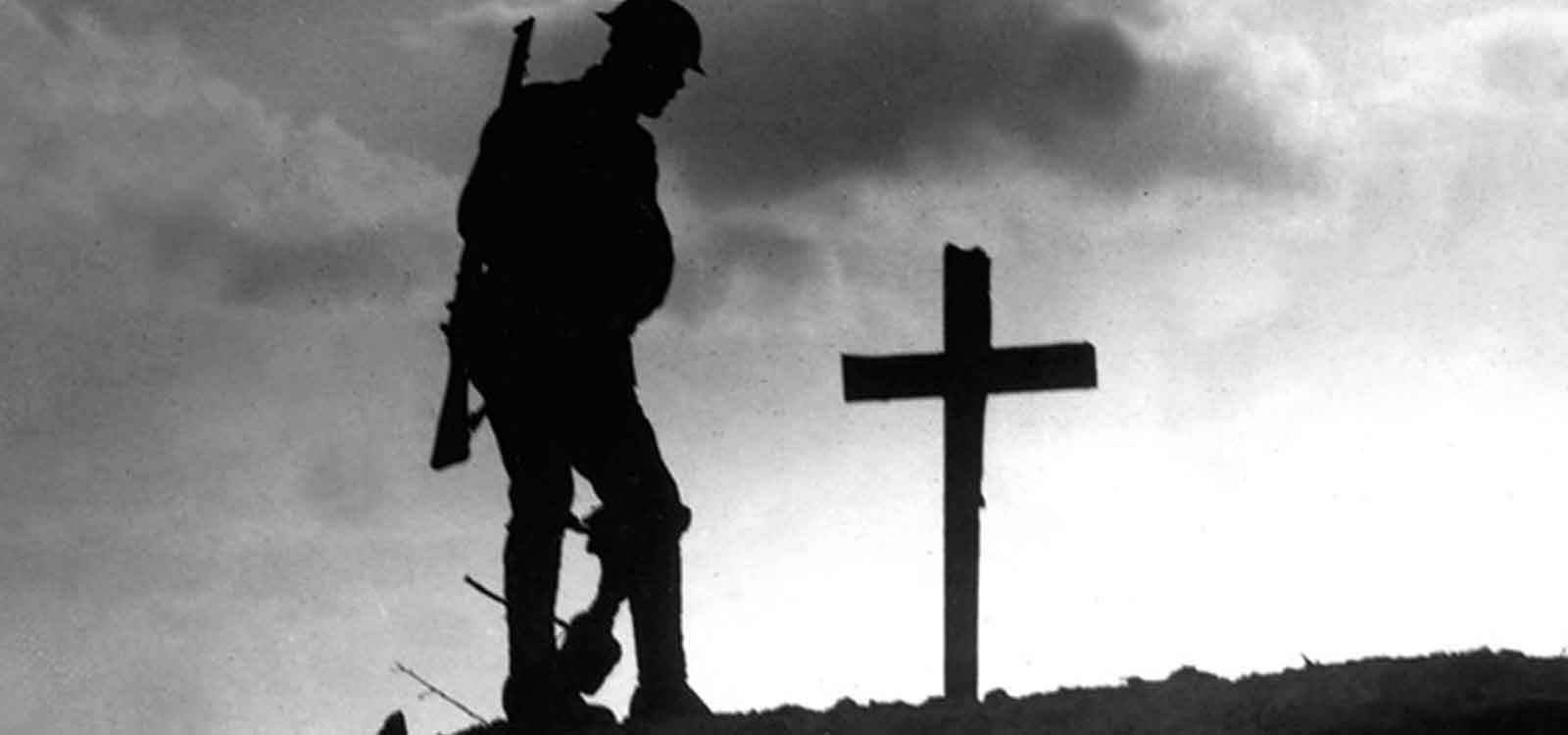
Sher Shar was born in Chakrala, in Punjab, British India (present-day Pakistan) on 14 February 1917. He was a Punjabi, the son of Barkhurdar and his wife Makda Bibi.
On the night of 19-20 January 1945, the 27-year-orld Sher was serving as Lance Naik, equivalent to a Lance Corporal of the 16th Battalion, 16th Punjab Regiment of the Indian Army.
The 16th Battalion was engaged in fighting at Kyeyebyin, Kaladan in Burma (now Myanmar). Shah was in command of his platoon’s left forward section when it came under attack by an overwhelming force of Imperial Japanese infantry.
By crawling right in amongst his opponents and attacking them at point-blank eyes, Shah was able to break up two attacks. On the second enemy sortie was struck by enemy mortar fire which shattered his leg.
A third Japanese attack came and Shah went forward again but was hit in the head and killed.
For his bravery under fire, Shah was awarded the Victoria Cross: Britain’s highest military honour for gallantry in the field.
His medal citation reads:
“In Burma, on the night 19th/20th January, 1945, at Kyeyebin, Kaladan, Lance-Naik Sher Shah was commanding the left forward section of his platoon, when a Japanese platoon attacked his post.
“He by himself stalked the enemy from their rear and broke up the attack by firing into their midst, killing the platoon commander and six others.
“Soon after midnight the Japanese, now reinforced, started to form up for another attack. Again he crawled forward alone, and finding a group of Japanese officers and men, fired until they broke up in disorder.
“On his way back he was hit by a mortar bomb, but made light of his wound; not till some time later did his comrades find out that his right leg was missing.
“A third time the Japanese troops started to form up for an attack, and for the third time Lance-Naik Sher Shah, despite his wounds and loss of blood, crawled forward and broke up the enemy by firing among them.
“This time he received a head wound which proved fatal. His initiative and indomitable courage throughout this very critical situation undoubtedly averted the overrunning of his platoon and was the deciding factor in defeating the Japanese attacks.”
London Gazette, May 4 1945

